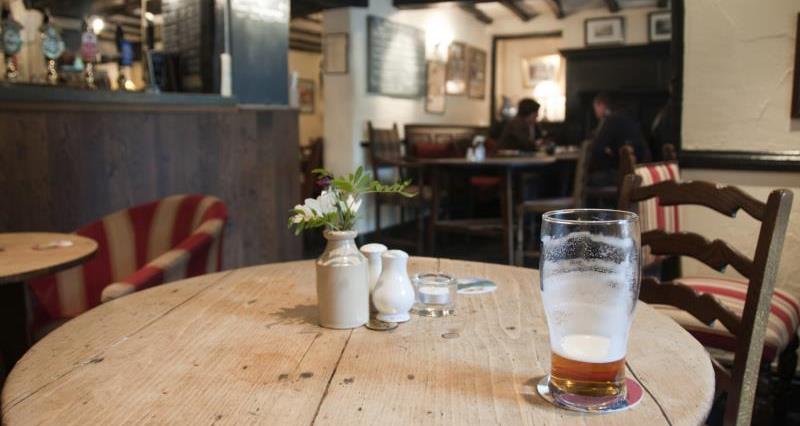2022 market analysis
Overall, difficult would be the word of choice to summarise 2022 and is likely to be the case for 2023.
The Fentiman’s report, (a botanical brewing brand), recently stated that because of the cost-of-living crisis, 40% of consumers are planning to go out less frequently. However, to help reduce their spending during these visits, more than half plan on visiting local venues more often.
However, inflation is hitting the sector, with the Consumer Price Index being more than 11% in the last 12 months alone.
There is some good news through, as data from the CGA Coffer Business Tracker states that in November 2022, the UK was ahead of pre-pandemic figures for the tenth month in a row, recording like-for-like growth of 5% on November 2019.
The football World Cup at the end of 2022 did provide a welcomed boost. Fans visiting pubs resulted in a strong November for public houses, where sales rose by 8.1% year-on-year.
However, the restaurant sector didn’t fare as well. Like-for-like sales slipped 0.8% from November 2021.
- 40% of consumers are eating out less frequently
- Inflation hit more than 11% in the last 12 months
- 2022 saw 5% growth in comparison to pre-pandemic figures
- British food is the most popular with restaurant visitors
Key trends within the market
The Food Insights Reports has reported that British food is eaten in restaurants by 80% of consumers – making it the champion cuisine ahead of Italian (70%), Chinese (68%), Indian (64%) and American (60%).
This is good news for the beef and lamb market, where roast dinners and traditional menus play a vital role.
Confidence
The CGA Business Leader confidence survey says Business leaders’ confidence has fallen significantly since June, with low levels not seen since the worst periods during the Covid-19 pandemic.
98% of leaders are seeing price rises in their supply chains, which is a key factor for concern. This is alongside the wider challenges of the cost of living crisis.
Within the market, the independent sector looks likely to be the worst hit, with over 2000 net closures per year.
However, consumer demand remains strong, despite the cost-of-living crisis. Sales leading up to October 2022 were strong with 8 out of 10 leaders in profit.
Similar to farming, hospitality is experiencing staff shortages with the Future Shock Report stating that 1 in 3 businesses were looking to reduce their hours over Christmas. This is always a concern when maintaining visits is so important for volume.
What does this mean for NFU members?
It is very important that the Out of Home market performs well and is confident. A strong business outlook for the market can support our own commodities which rely on strong trade within the sector. This is especially true for hops, barley, cider, and alongside categories such as beef, lamb and poultry.
Strong business confidence and a positive longer-term outlook can enable more investment from operators in their supply chains, specifically working more directly with producers. This longer-term investment is specifically important for businesses wanting to address their sustainability goals, an aspect where British product and our net zero ambition is key for market opportunities.
In 2023, the NFU will launch work into the relationship hospitality has with farmers and the provenance of food. We will be launching our key asks which discuss how British food can add value to hospitality brands and why businesses should connect with primary producers.
Keep a look out for more information on how we are engaging with the market during this difficult time.
